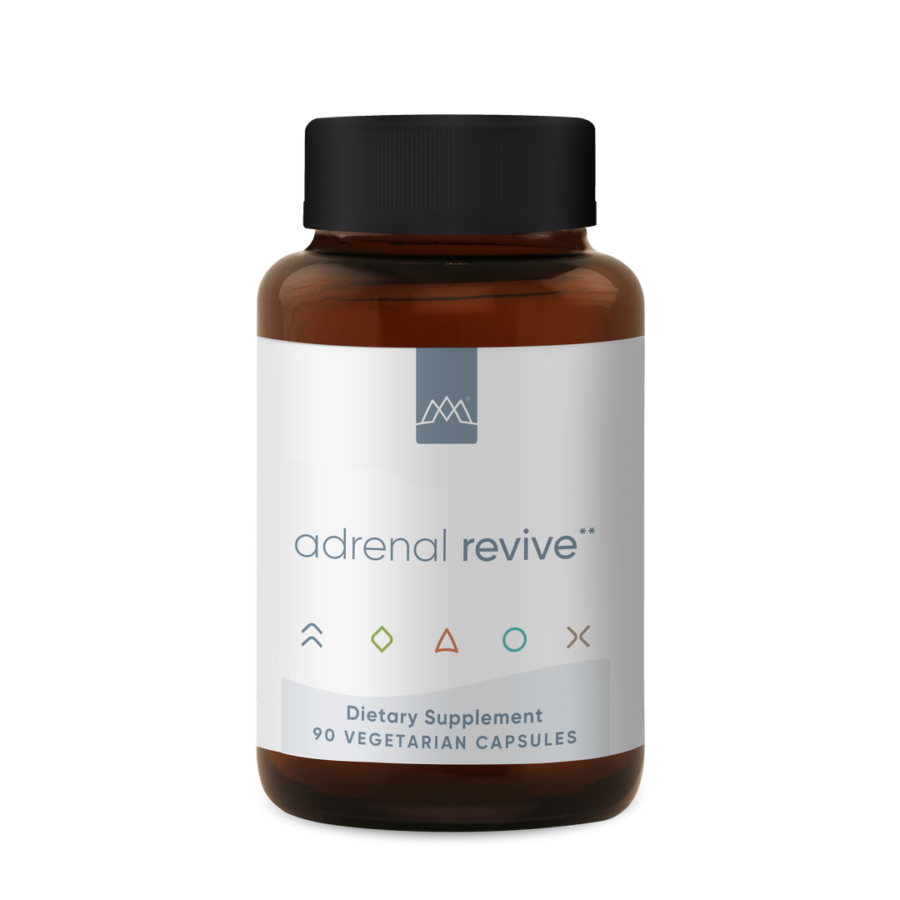You’re lost at sea in a small boat. In the boat with you are your beloved dog and a human stranger. Your only chance of surviving is to throw one of them overboard or all will perish. The choice is yours alone. Which do you choose and why?
These types of moral dilemmas were popularized in books on the subject, written largely in the 1990s and ruminated over at parties and family gatherings (not exactly an upbeat party game.) Nevertheless, this was popular for a time and sparked many deep conversations and fostered a lot of introspection. These days, perhaps sparked by the pandemic, Americans seem quite willing to look inside and examine how we view our world, to learn what makes us tick. We suddenly seem to be placing a high value on self-awareness. This exploration of self probably says more about the evolution of our species than it does about narcissism. In other words, to “know thyself” is not to be self-absorbed, it’s to be welcomed. An effective way to begin this process is the traditional practice of journaling. From the Brontë sisters to Anne Frank, to the 1970s Go Ask Alice, such examples of the musings of literary protagonists are everywhere as audiences are fascinated by the idea of peeking inside the minds of others and learning how they think.
Writing in a journal can be therapeutic and is often suggested by psychotherapists as a method for people to process their emotions, ranging from introspective reflection to mundane daily activities.
Journaling Prompts
What are journaling prompts? Journaling prompts are questions or introductory lines that serve as a guide for what you can begin to write about. Journaling (and prompts) can take different forms. There are journaling prompts for adults, journaling prompts for teens, journaling prompts for mental health, personal growth journal prompts, health journal prompts, and more.
Regardless of the type of journaling prompts, the main purpose is to help you get started with writing and provide a structure for your thoughts. Using journaling prompts can be a powerful tool for self-reflection, self-discovery, and personal growth. It can also be used to track progress toward specific goals or to explore and process difficult emotions. By regularly engaging with journaling prompts, you can develop a habit of introspection that can lead to increased self-awareness and improved mental health.
Handwriting is More Powerful
Scientists have determined that handwriting anything, particularly in cursive, helps one to remember details as the act of writing by hand impresses the brain more than typing does.
A 2020 study in the journal, Frontiers in Psychology¹, looked at a small study group of twelve children and twelve young adults. The twelve children, all seventh graders, and twelve young adults, (recruited from the nearby college campus -average age twenty-four), used cursive writing and drawing in the study. Each person was studied individually for about 45 minutes. To measure participants’ brain activity, researchers used an EEG device with 256 metal electrodes, placed on the skull to record changes in electrical activity within the brain while performing given tasks. While participants were hooked up to the electrodes, they performed tasks using handwriting, typewriting, and drawing.
Fifteen different words, with various degrees of difficulty, were visually presented on a screen. Participants used a digital pen to write and draw directly on the touch screen, and a keyboard to type the words. After analyzing the brain activity, researchers found that areas of the brain associated with working memory and inputting of new information were more active during handwriting². Something to keep in mind if you’re using your journal to work through something complicated and important in your life and you want to remember details.
Exploring Prompts
Let’s consider journaling prompts for therapy. Psychotherapy endeavors to help a person change behavior, overcome problems, and increase happiness using a variety of psychological methods and regular, personal interaction with a licensed mental health professional.
Journaling prompts can be used as a complement to psychotherapy by encouraging clients to reflect on their thoughts and feelings outside of the therapy session. It can also provide a way to track progress and identify patterns or triggers that may need further exploration in therapy. Integrating journaling prompts into therapy can enhance the therapeutic process and promote a deeper understanding of oneself.
The Therapist may “assign” prompts for your journal such as, “thinking of the names that bullies called you in middle school, describe how that made you feel.”
Prompts for a health journal given by your Health Coach may sound something like, “describe how you felt about an hour after dinner…did you experience any gas, bloating, abdominal pain, feelings of fullness, acid-reflux, or fatigue?
Daily journaling prompts could be “What is your Achilles Heel?” Or, “Write the first sentence of your autobiography,” can be thought-provoking and entertaining while intentional journaling prompts like, “I intend to be asked for a second job interview after last week’s initial interview.” Or, I intend to find some cash on the ground today.”
Journaling for Deeper Introspection
 It used to be said that a person needed to find themselves in order to feel fulfilled, happy, and purposeful. These days, we are encouraged to create the lives we want to lead. That starts with learning what you want. Just a couple of generations ago, there were specific, almost prescribed things you were expected to want if you were a man. Society had also established specific expectations for women. But things have changed. Options for both genders now, are almost endless and are often anything but prescribed or expected. Having more options, however, means making more decisions about your life path than your ancestors ever dreamed of.
It used to be said that a person needed to find themselves in order to feel fulfilled, happy, and purposeful. These days, we are encouraged to create the lives we want to lead. That starts with learning what you want. Just a couple of generations ago, there were specific, almost prescribed things you were expected to want if you were a man. Society had also established specific expectations for women. But things have changed. Options for both genders now, are almost endless and are often anything but prescribed or expected. Having more options, however, means making more decisions about your life path than your ancestors ever dreamed of.
Making important decisions about your future can be quite stressful. As someone interested in optimal health, you no doubt understand the importance of managing the body’s stress response. The adrenal glands are responsible for the production and secretion of various hormones, one of which is cortisol, our primary stress hormone.
MaxLiving Adrenal Revive contains a blend of nutrients that helps support adrenal function and the body’s adaptation to stress and it can be an important addition to your supplement regimen. Adrenal Revive helps to support and refresh the adrenals with naturally sourced vitamins and botanicals.
Prompts for Self-Discovery
The way to know what you want can be as simple as knowing what you don’t want. Learning about yourself and your preferences takes time, patience, and dedication. While it may be simple, it isn’t necessarily easy. Here are some prompts that can be helpful for self-discovery:
- What would you choose to do all day long without getting paid to do it?
- What have you found yourself getting lost in, where hours have passed without you noticing?
- Are you seeking security or adventure?
- What do you not want to talk about?
- What do you think is your greatest gift? Your greatest shortcoming?
Time spent in self-discovery, and learning about yourself is one of the most valuable things you can do with your time. Questions such as those above are just the beginning. Why not gift yourself a beautiful, leather-bound journal and get started today?
About the Author

Jini Cicero is a Los Angeles-based Strength and Conditioning Specialist with a bachelor’s degree in Kinesiology. With over 20 years of experience as a health, fitness, and nutraceutical professional, Jini is passionate about advancing natural medicine and optimal health. Whether she’s working with Hollywood celebrities or cancer patients, Jini uniquely combines exercise science, sports nutrition, and corrective exercise. As a speaker, presenter, and writer, her work has been featured in numerous publications, such as Shape, MindBodyGreen, and The L.A. Daily News.
References
¹¸² Eva Ose Askvik, Audrey L. H. van der Meer, F. R. (Ruud) van der Weel, The Importance of Cursive Handwriting Over Typewriting for Learning in the Classroom: A High-Density EEG Study of 12-Year-Old Children and Young Adults. Frontiers in Psychology, 28 July 2020. Sec. Educational Psychology. Volume 11 – 2020 | https://doi.org/10.3389/fpsyg.2020.01810 .





